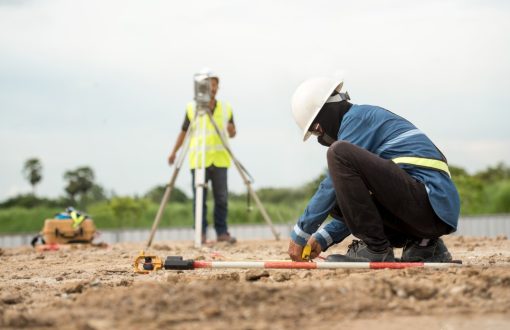UNLOCKING THE REAL ESTATE VALUE CHAIN IN NIGERIA

Nigeria’s real estate sector has evolved into a dynamic and multifaceted industry with a complex value chain. From land acquisition and development to property management and sales, each stage in the real estate process contributes to the overall growth and sustainability of the sector. In this article, we’ll delve into the various components of the real estate value chain in Nigeria and explore how each stage plays a crucial role in shaping the landscape of this vital industry.
1. Land Acquisition and Development:
– The real estate value chain begins with land acquisition and development. Investors, developers, and real estate firms identify and acquire parcels of land for various purposes, such as residential, commercial, or industrial development. This phase involves due diligence, regulatory compliance, and infrastructure development to prepare the land for construction.
2. Planning and Design:
– Once land is secured, the planning and design phase comes into play. Architects, urban planners, and design professionals collaborate to create layouts and blueprints that align with regulatory standards and market demands. This phase is crucial for optimizing space, ensuring functionality, and meeting aesthetic preferences.
3. Construction and Development:
– The heart of the real estate value chain lies in the construction and development phase. Builders, contractors, and construction professionals transform architectural plans into tangible structures. This phase involves project management, quality control, and adherence to safety standards to bring the envisioned properties to life.

4. Marketing and Sales:
– After construction, the focus shifts to marketing and sales. Real estate agents, brokers, and marketing professionals work together to showcase properties, attract potential buyers or tenants, and negotiate favorable deals. Effective marketing strategies, including online platforms and traditional channels, play a pivotal role in this phase.
5. Financing and Investment:
– The real estate sector heavily relies on financing and investment to fuel development projects. Financial institutions, investors, and real estate funds provide the necessary capital for land acquisition, construction, and other associated costs. Securing funding is critical to sustaining growth and ensuring the completion of projects.
6. Project Management:
– Once properties are occupied, the focus shifts to property management. This involves overseeing rental collections, maintenance, and tenant relations. Professional property management ensures the longevity and profitability of real estate assets.

7. Regulatory Compliance:
– Throughout the entire value chain, adherence to regulatory standards is paramount. The real estate industry is subject to various laws, zoning regulations, and building codes that must be navigated to ensure legal compliance and avoid complications.
8. Technology Integration:
– In the modern era, technology has become a crucial component of the real estate value chain. From online property listings to virtual tours and smart home technologies, integrating technological advancements enhances efficiency, transparency, and customer experience at various stages of the value chain.
Read also
Understanding the real estate value chain in Nigeria is essential for stakeholders, investors, and professionals operating in this sector. Each stage, from land acquisition and development to property management and technology integration, contributes to the overall growth and sustainability of Nigeria’s real estate industry. As the country continues to urbanize and witness economic development, the real estate value chain will play a pivotal role in shaping the nation’s built environment.





